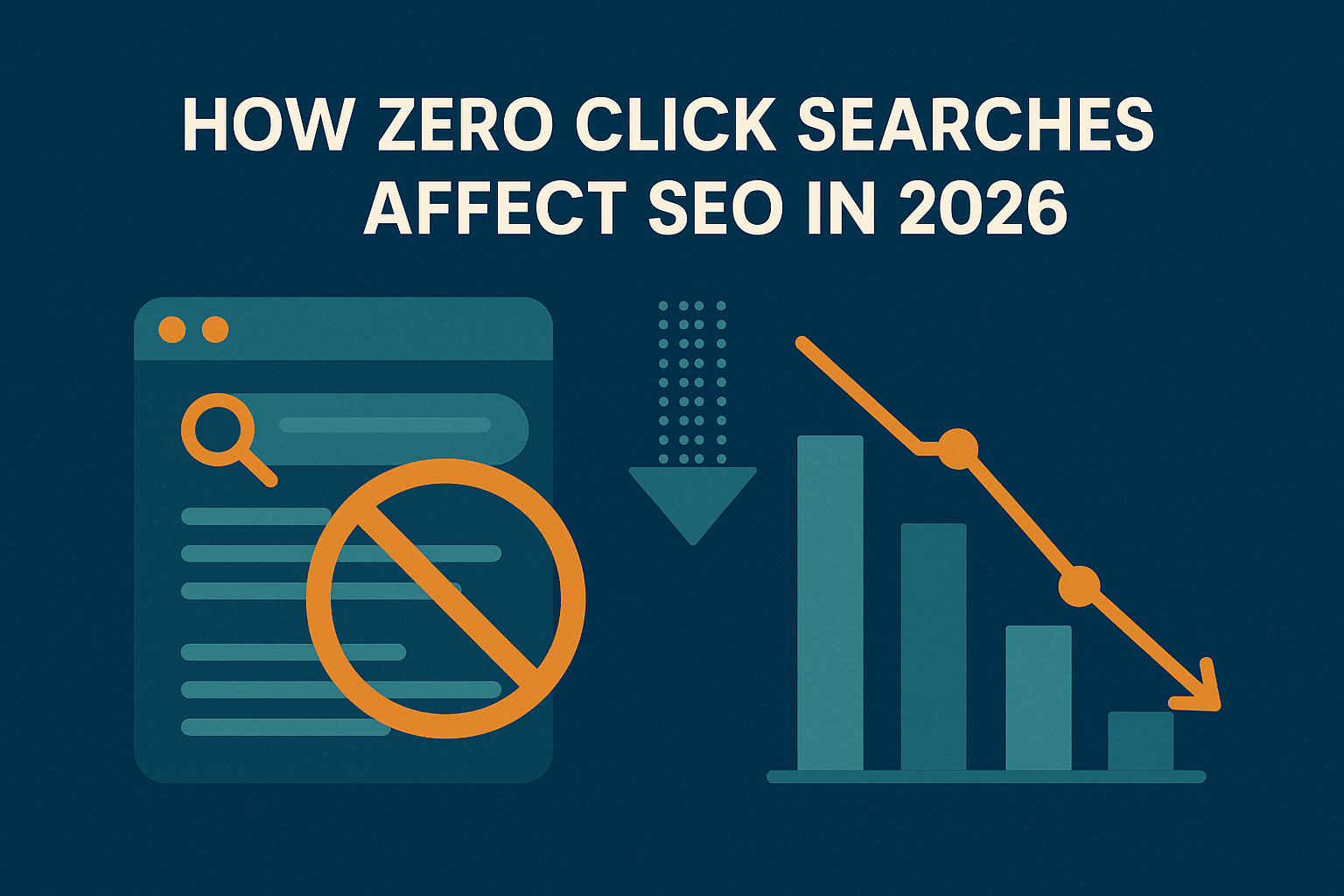Reducing SEO Errors with the Help of a Virtual SEO Assistant
December 12, 2024
Reducing SEO errors is critical for improving your website's search engine rankings, and using a Virtual SEO Assistant (VSA) can be an excellent way to streamline this process. A VSA, typically powered by AI, can help identify and fix a wide range of SEO issues. Here’s how a VSA can assist in reducing SEO errors:
1. Identifying Technical SEO Issues
- Broken Links: A VSA can crawl your website regularly to identify broken links (404 errors) that can hurt user experience and SEO.
- Slow Page Speed: A Virtual SEO Assistant can analyze page speed and recommend optimizations (e.g., image compression, minimizing scripts) to enhance load times, which is a key SEO factor.
- Mobile Optimization: A VSA can ensure that your site is mobile-friendly and recommend fixes for responsive design issues.
- XML Sitemap and Robots.txt: A Virtual SEO Assistant can verify that your XML sitemap is up-to-date and ensure that robots.txt files are correctly configured to prevent search engines from crawling irrelevant pages.
2. Keyword Optimization
- Keyword Research: The VSA can suggest high-performing, relevant keywords that should be included in your content, title tags, and meta descriptions.
- Keyword Cannibalization: It can help you spot cases where multiple pages target the same keywords, leading to internal competition in search rankings.
- On-Page Optimization: The assistant can check keyword density, placement (in headers, titles, meta descriptions, etc.), and other on-page SEO factors to make sure the content is optimized without overstuffing.
3. Content and Meta Tags Audits
- Duplicate Content: The VSA can scan for duplicate content across your website, which could negatively affect your rankings, and suggest ways to resolve it (e.g., by using canonical tags).
- Meta Tags: It can review meta titles and descriptions to ensure they are unique, engaging, and optimized for search intent. Missing or poorly optimized meta tags can significantly impact rankings.
- Content Quality: The VSA can analyze content for relevance, engagement, and SEO best practices. It can suggest improvements, such as adding internal links, images, or videos to enhance user experience and SEO.
4. Link Building and Backlink Monitoring
- Backlink Profile Analysis: The VSA can check your backlink profile to ensure you have high-quality backlinks, and help you identify harmful backlinks that could lead to penalties.
- Internal Linking: It can suggest better internal linking strategies to improve website navigation, help search engines understand your site structure, and enhance the SEO value of your pages.
- Disavowing Bad Links: In case you have toxic or spammy backlinks, a VSA can automate the disavow process, ensuring you maintain a healthy backlink profile.
5. User Experience (UX) Optimization
- Site Navigation: A VSA can help assess your site’s navigation and suggest improvements to make it more user-friendly, which can indirectly boost SEO by reducing bounce rates and increasing dwell time.
- Readability and Engagement: It can evaluate the readability of your content, ensuring that it is accessible and engaging to a broad audience. Proper headings, font size, and readability factors can improve user experience and SEO performance.
- CTR Optimization: A VSA can analyze your website's click-through rate (CTR) from search engines and suggest ways to improve it, such as optimizing title tags and meta descriptions for better user engagement.
6. Tracking and Reporting
- SEO Audits and Reports: Regular audits from a VSA will help you monitor SEO performance and track the status of your website’s SEO health. It can generate reports highlighting areas for improvement and track progress over time.
- Competitor Analysis: A VSA can track the SEO performance of competitors, helping you understand where you stand and find opportunities for improvement.
- SERP Tracking: It can monitor keyword rankings and adjustments in real time, providing insights into how changes you make impact SEO performance.
7. Local SEO Enhancements
- Local Listings: For businesses that rely on local SEO, a VSA can manage and optimize local listings like Google My Business, ensuring all information is accurate and up-to-date.
- Local Keyword Strategy: It can suggest hyper-local keywords that help improve your visibility in local search results, which is essential for businesses serving specific geographic areas.
8. Automation of Routine Tasks
- Routine SEO Checks: Routine SEO checks, like monitoring for broken links, checking for duplicate content, and scanning for performance issues, can be automated with a VSA. This reduces the chances of missing small errors that could impact SEO.
- Report Generation: Generating regular SEO reports can be automated, saving time while providing insights into performance metrics and areas needing improvement.
9. Staying Updated on SEO Trends
- Algorithm Updates: Search engine algorithms evolve constantly. A VSA can keep you informed about the latest Google algorithm updates and recommend changes to your SEO strategy to comply with the latest best practices.
- Best Practices Adherence: As SEO best practices evolve, a VSA can adapt your website’s strategy by incorporating emerging trends, like optimizing for voice search, structured data, or video content.
By leveraging a Virtual SEO Assistant, businesses can significantly reduce SEO errors, stay ahead of competition, and maintain a healthy, optimized website that ranks well on search engines. This type of automation not only saves time but also ensures consistent SEO management and improves overall online visibility.










